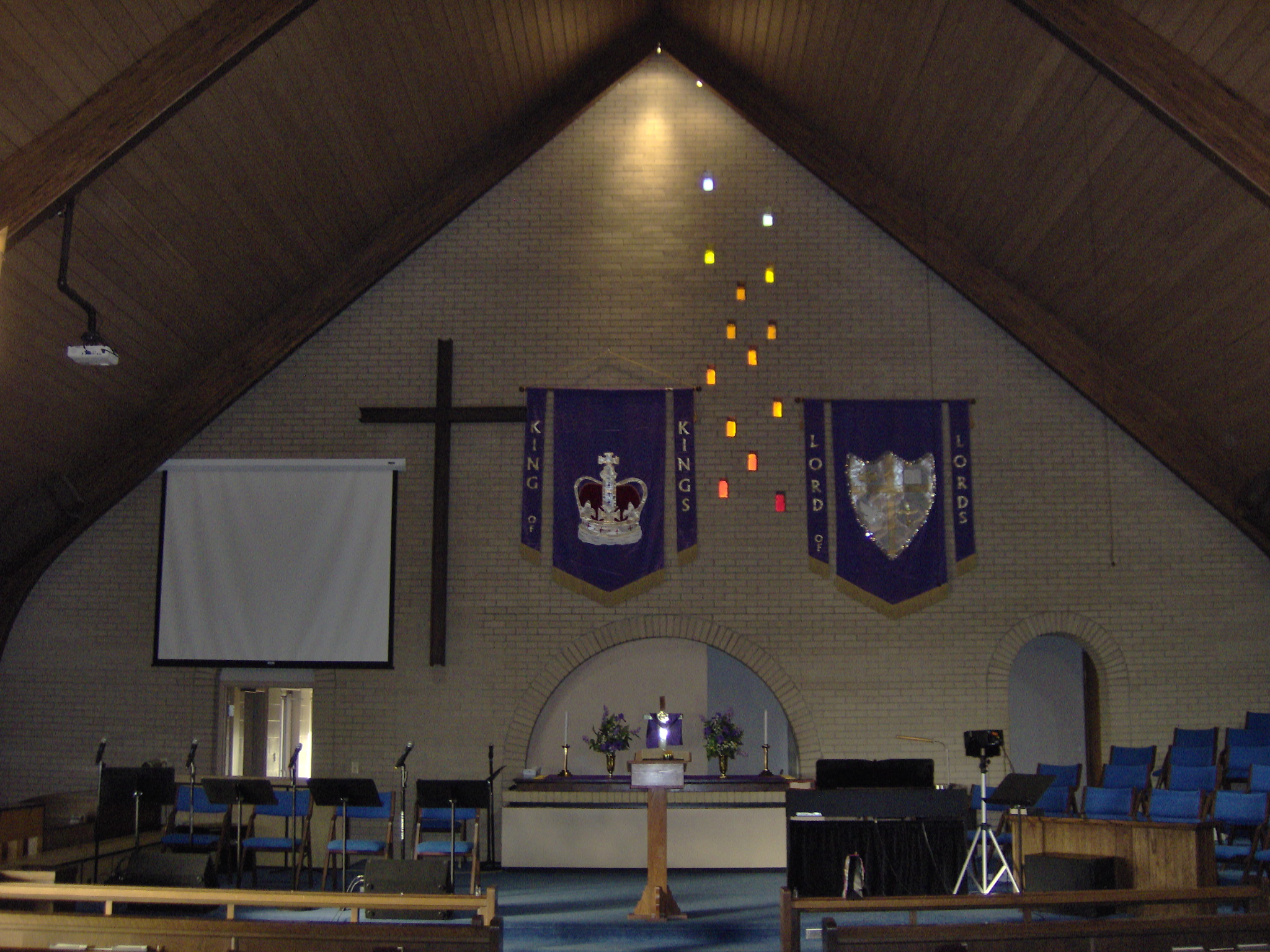“Reed” the Fine Print
Serving in the Kingdom of God
Isaiah 42:1-4 and Matthew 11:1-8
Isaiah 42:1–4 (NLT): 1 “Look at my servant, whom I strengthen.
He is my chosen one, who pleases me.
I have put my Spirit upon him.
He will bring justice to the nations.
2 He will not shout
or raise his voice in public.
3 He will not crush the weakest reed
or put out a flickering candle.
He will bring justice to all who have been wronged.
4 He will not falter or lose heart
until justice prevails throughout the earth.
Even distant lands beyond the sea will wait for his instruction.”
Matthew 11:1–8 (NLT): When Jesus had finished giving these instructions to his twelve disciples, he went out to teach and preach in towns throughout the region.
2 John the Baptist, who was in prison, heard about all the things the Messiah was doing. So he sent his disciples to ask Jesus, 3 “Are you the Messiah we’ve been expecting, or should we keep looking for someone else?”
4 Jesus told them, “Go back to John and tell him what you have heard and seen—5 the blind see, the lame walk, those with leprosy are cured, the deaf hear, the dead are raised to life, and the Good News is being preached to the poor.” 6 And he added, “God blesses those who do not fall away because of me.”
7 As John’s disciples were leaving, Jesus began talking about him to the crowds. “What kind of man did you go into the wilderness to see? Was he a weak reed, swayed by every breath of wind? 8 Or were you expecting to see a man dressed in expensive clothes? No, people with expensive clothes live in palaces.
Reeds were an important part of Ancient Near Eastern life. Reeds were used by every culture for a variety of purposes. Often woven together, the long leaves were used for baskets, making drainpipes, musical instruments, and walking sticks. They were also used to make paper and rope. At the crucifixion of Jesus, a sponge was put on a long reed and was offered to Him. Interestingly enough, in high winds of a storm, a group of reeds would fall flat together. These were labeled “weak reeds” and were not suitable for use in anything.
